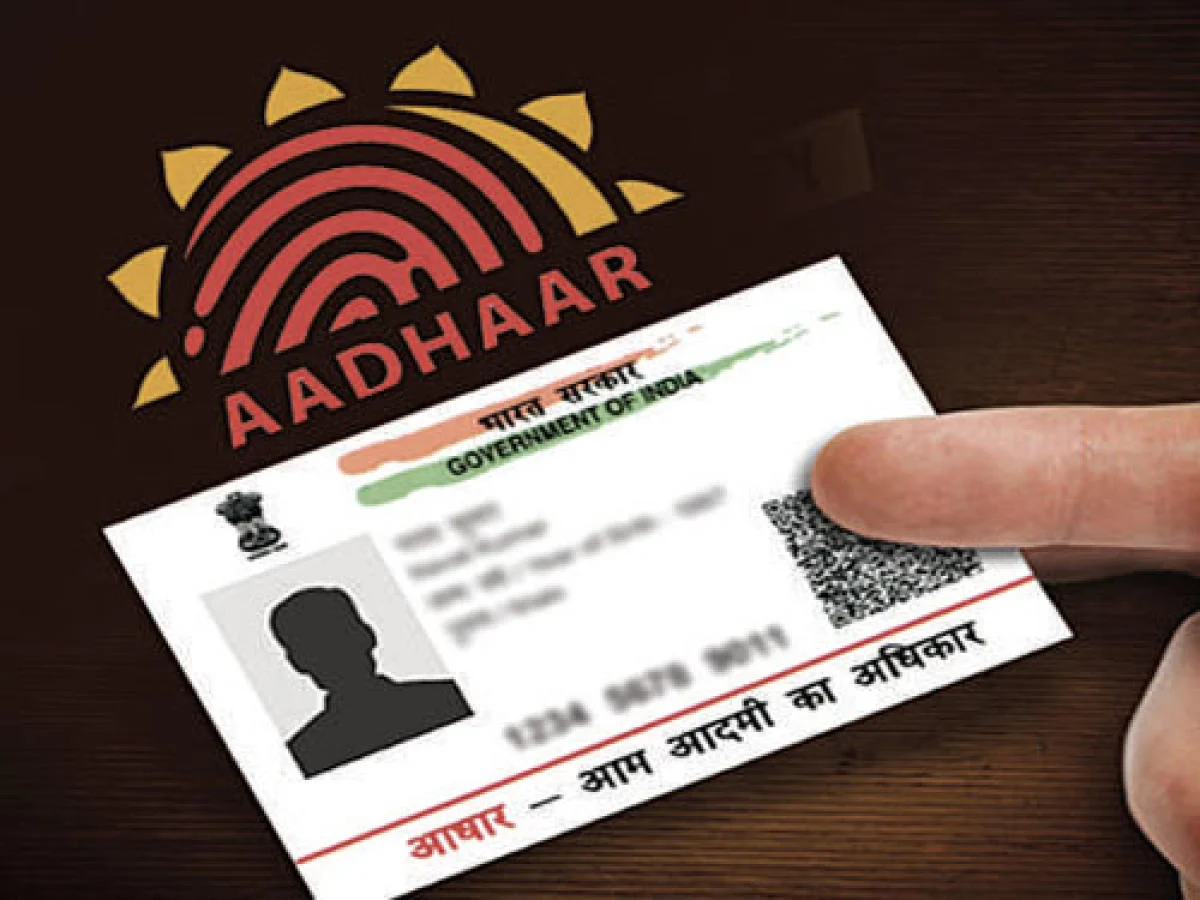 WhatsApp
WhatsApp
 Call Us
Call Us
 Email Us
Email Us
 Whatsapp Community
Whatsapp Community

The Unique Identification Authority of India (UIDAI) has recently made significant modifications to the Aadhaar (Enrolment and Update) Rules, aiming to streamline the process for both residents and non-residents. In this comprehensive guide, we will delve into the intricacies of these changes, ensuring a clear understanding of the procedures involved.
For NRIs, whether minors or adults, possessing a valid Indian Passport is now the sole acceptable Proof of Identity (POI) and Proof of Address (POA) for Aadhaar enrolment. This marks a crucial shift, simplifying the documentation process.
To further enhance clarity, separate forms for Aadhaar enrolment and update have been introduced for resident and non-resident individuals. This facilitates a smoother experience, ensuring that each category's unique requirements are met.
The revised Form 1 is now the standard for Aadhaar enrolment for both residents and non-residents aged 18 and above. This includes provisions for updating Aadhaar data for individuals falling into the same category.
NRIs with address proof outside of India will utilize Form 2 for both enrolment and updates. This ensures that the process is tailored to the specific circumstances of non-resident individuals.
The UIDAI has introduced specific forms catering to different age groups and residency statuses. From children aged 5 years and above to resident foreign nationals above 18 years, each category has a designated form, streamlining the enrolment and update procedures.
As per the updated Form 1 standards, NRIs must furnish an email address during the Aadhaar enrolment process. Notably, no SMS or text messages will be transmitted to non-Indian cellphone numbers provided by NRIs.
Currently, the UIDAI does not support international or non-Indian mobile numbers. It's essential for NRIs to provide an Indian address with a valid supporting Proof of Address (PoA).
The process for NRI enrolment involves visiting any Aadhaar Kendra, carrying a valid Indian Passport, and filling details in the enrolment form. The declaration for NRI enrolment differs slightly, emphasizing the need for a Passport as Proof of Identity.
In conclusion, these modifications to the Aadhaar rules are geared towards enhancing the efficiency and clarity of the enrolment and update procedures for NRIs. By understanding the nuances of the new forms and requirements, individuals can navigate the process seamlessly, ensuring compliance with the latest UIDAI guidelines.







Stay in the loop, subscribe to our newsletter and unlock a world of exclusive updates, insights, and offers delivered straight to your inbox.